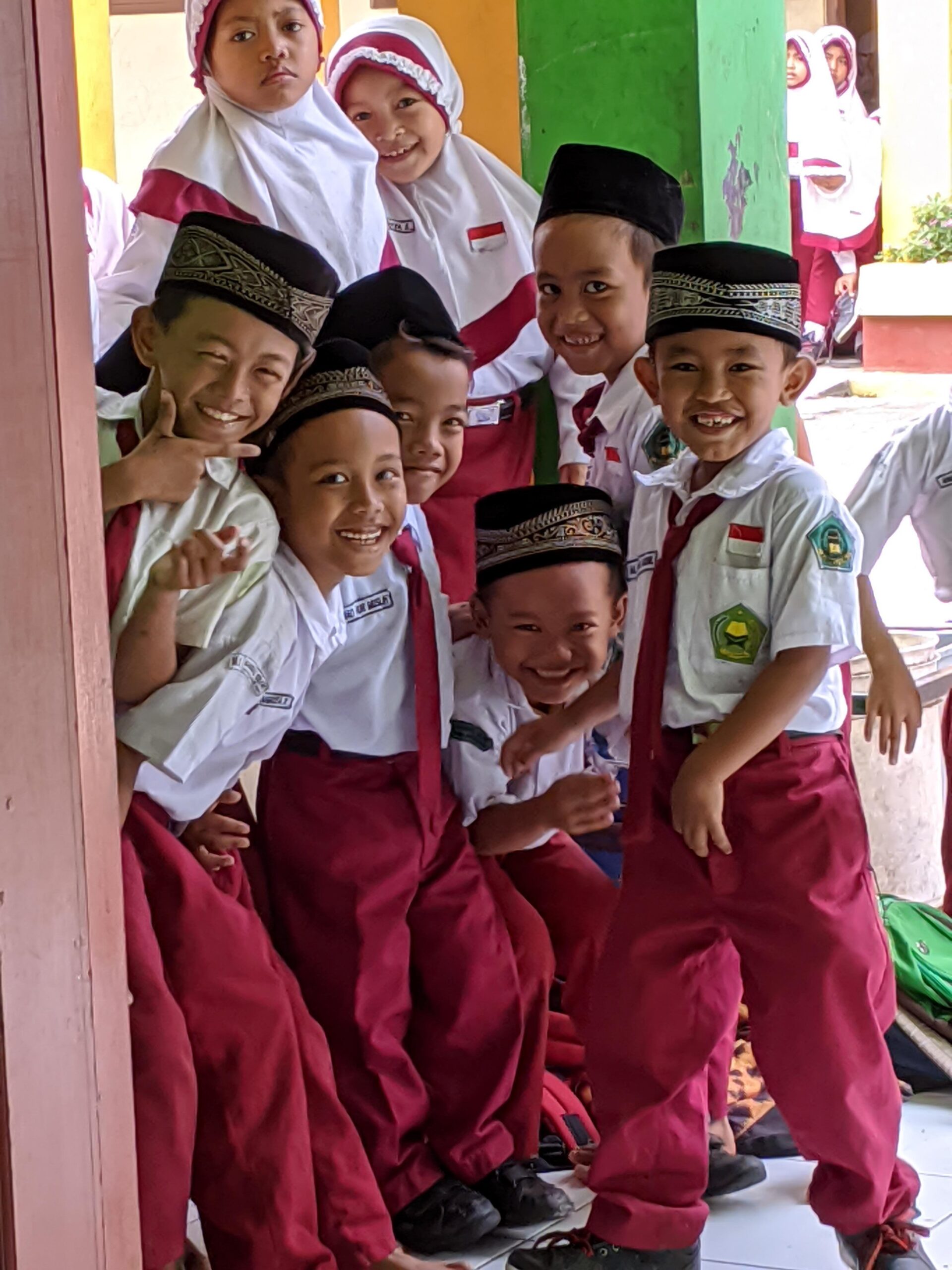
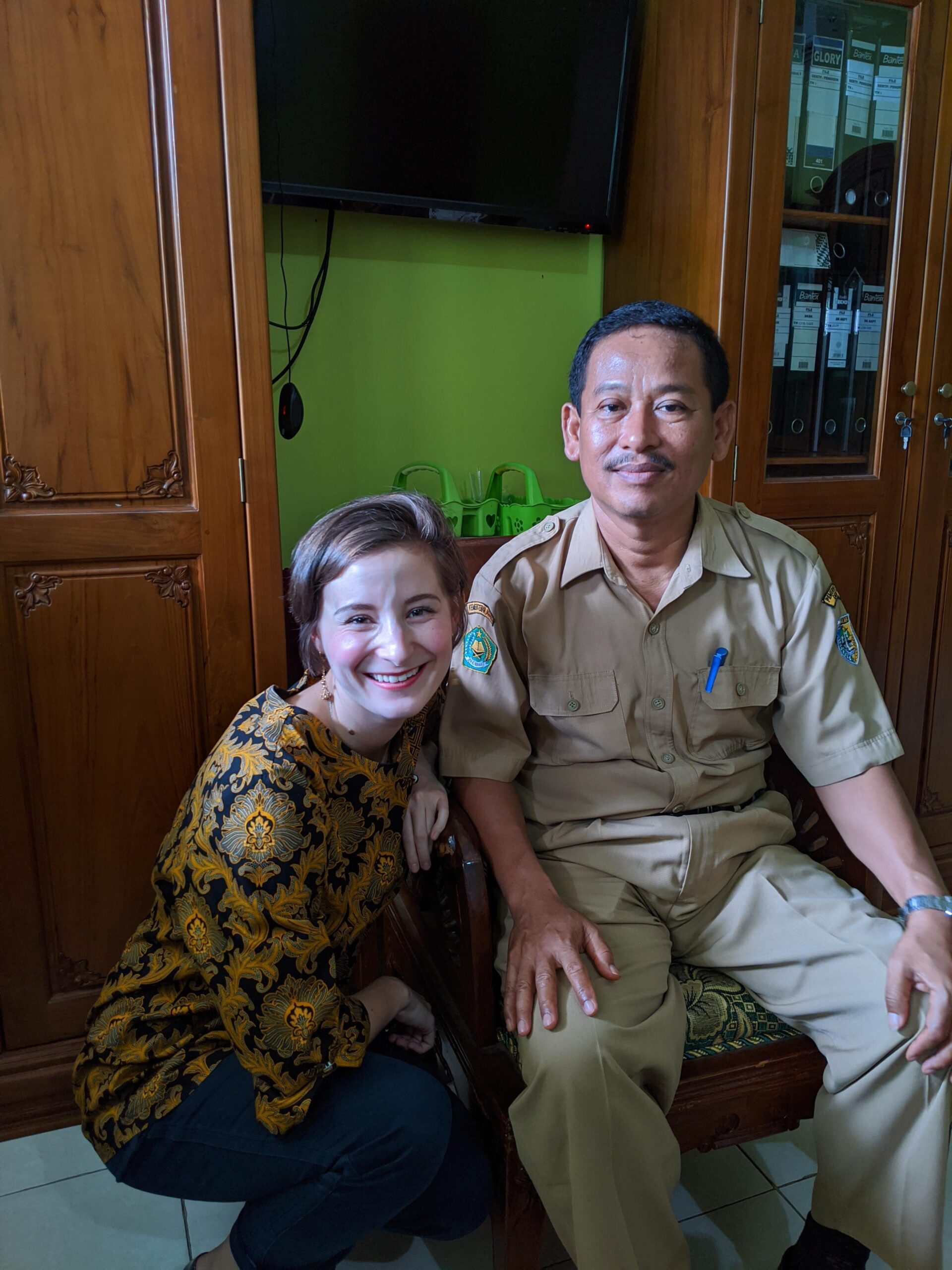
The Books that Kept Us Dreaming
By: Sabrina Verleysen, Rodman C. Rockefeller Centennial Fellow 2020; Research Associate at The Cohen Group
For me, it was Angelina Ballerina and the Berenstain Bears, it was the Jungle Book and every single Winnie the Pooh. It was Frog and Toad, Thumbelina, and The Magic Treehouse. These were the books that kept me dreaming, that constructed the pillars of my imagination, that are symbolic of my childhood, and that will always make me feel like a kid. It is these first books that become etched in your memory, forever bound to your heart. These books set the foundation for a life of strong cultural and societal values. They teach us our very first lessons in kindness, sharing, and the golden rule. They teach us faith, hope, humility, and humor. They teach us what it means to love one another and to share in the goodness of life. They are timeless teaching tools – and they are essential to Project Buku Buku.
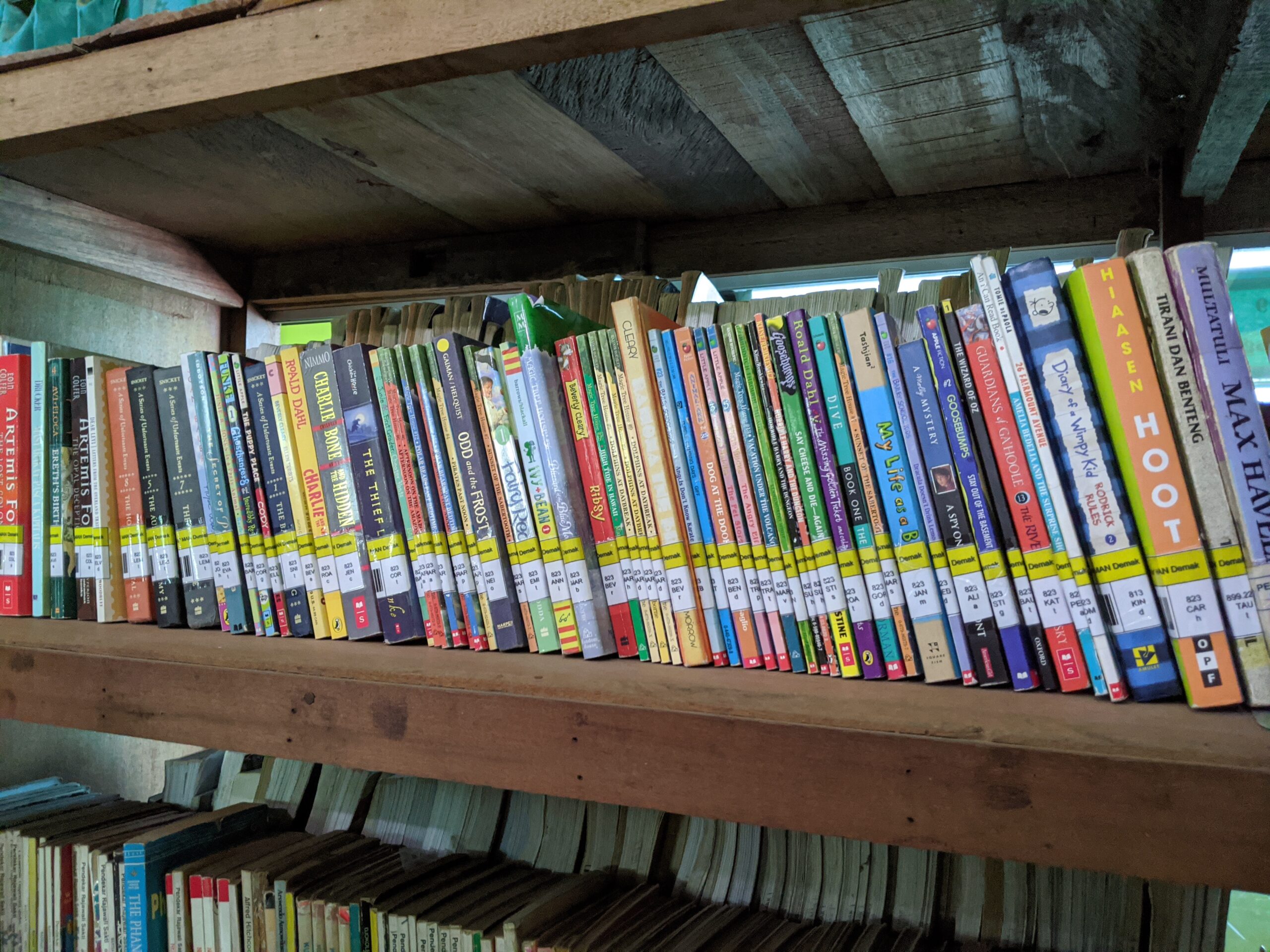
Designing a Culturally Aware Project
In January of this year, when my brother, Anthony, and I were able to travel back to Indonesia and complete our first planned trip to meet with Indonesian educators, students, and stakeholders. This initial visit was focused on attaining a deeper understanding of the needs of the seven communities that Project Buku Buku will be supporting and how our project could most effectively provide this support. This trip was purposefully set at the start of our project so that our own project goals and expectations could be adjusted to the needs identified by the community members themselves – and this was very important to me. As a Fulbright English Teaching Assistant, I learned firsthand that a brilliant idea is only as good as the positive impact it has on the community and the ability to have a positive impact on a community requires a huge amount of cultural, religious, and in this case, linguistic sensitivity.
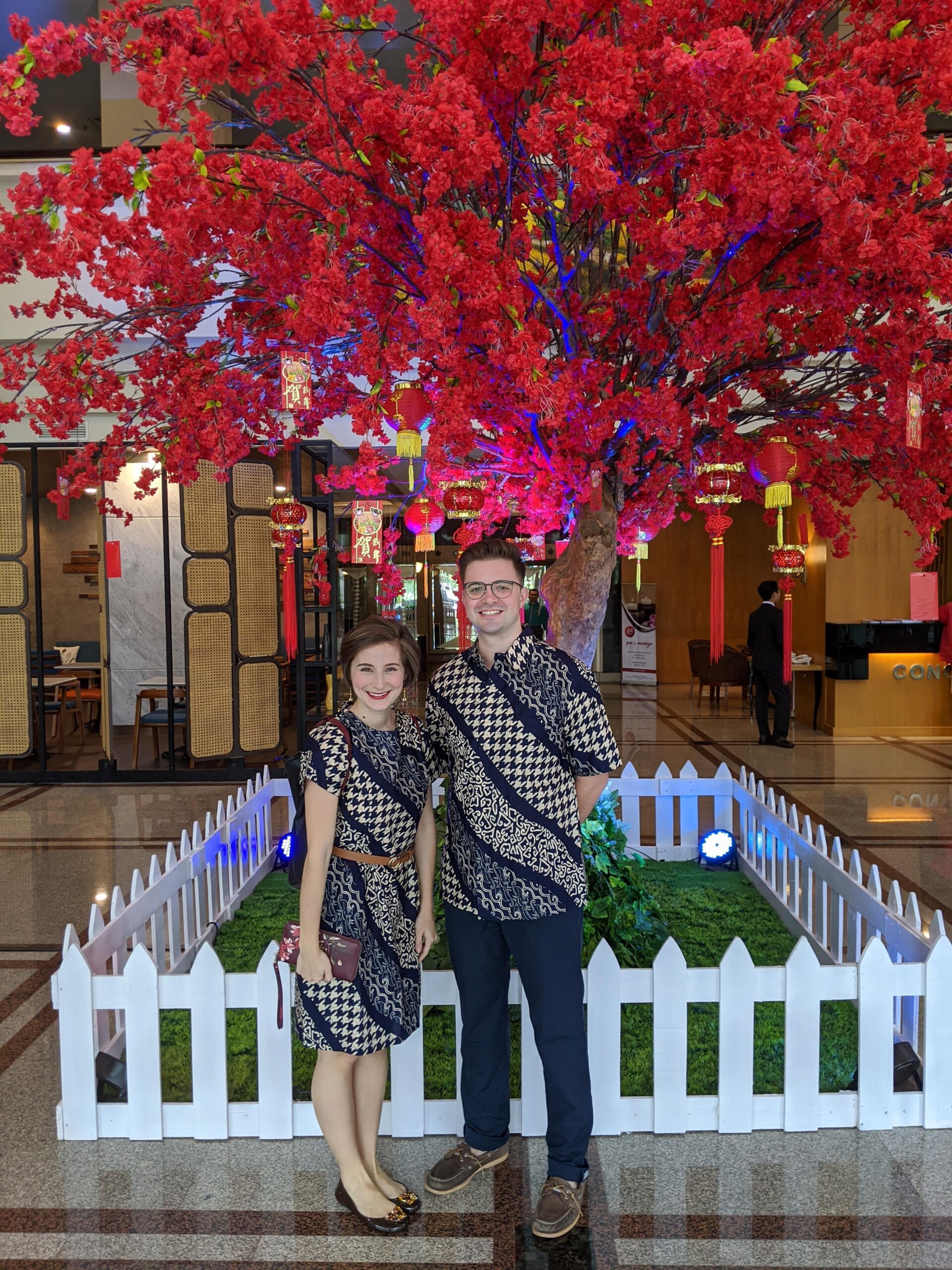
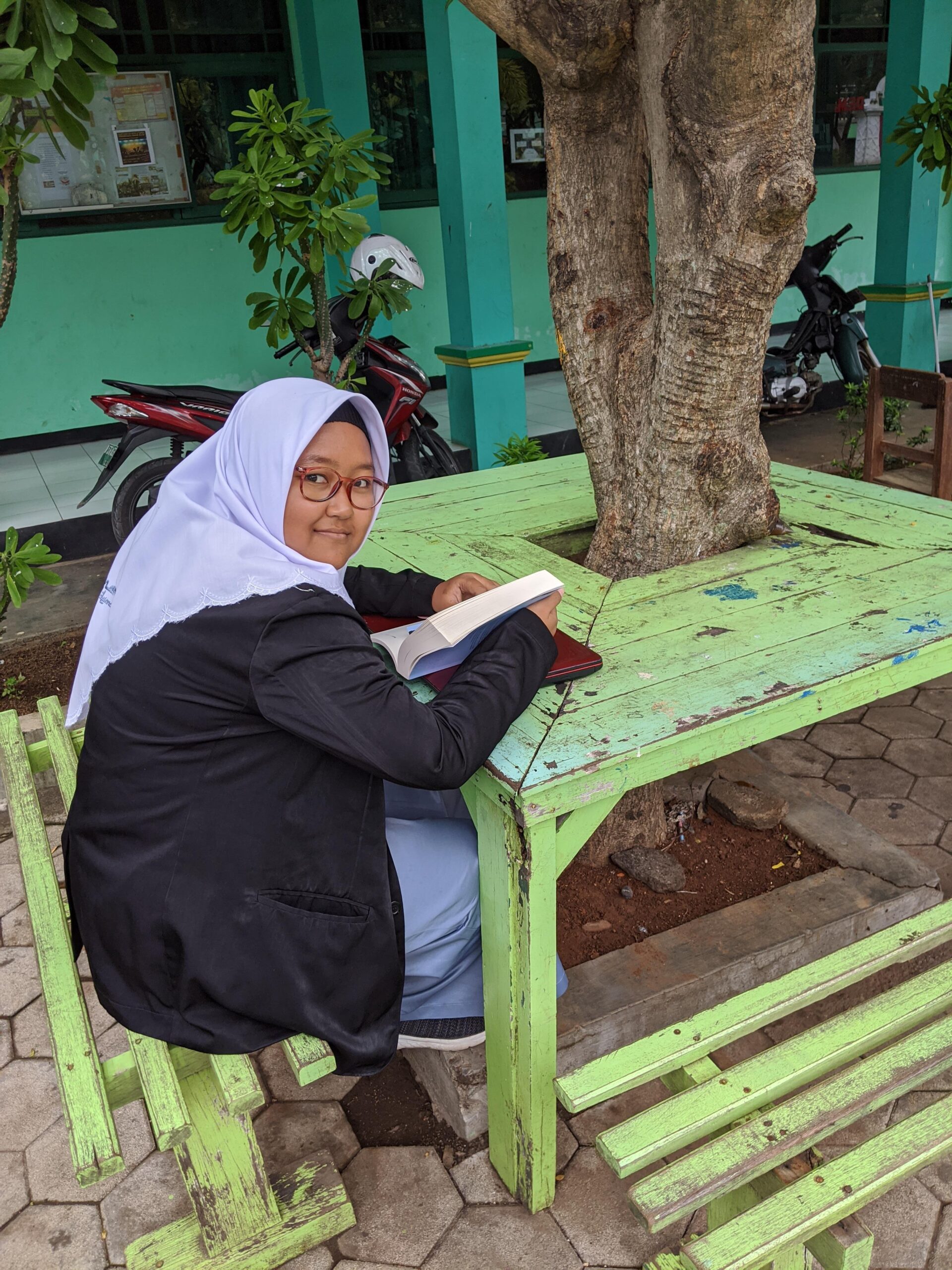 I have found this to be true in every single aspect of Project Buku Buku from the content of the books that we supply to defining the goals of the project. If they do not synergize with the existing paradigms of the Indonesian communities, they will not have a positive impact and the goals of the project won’t be supported. During this trip, I was able to present the project to English language teachers at all the schools that we will be serving – considering the questions and concerns they had and paying close attention to their reactions and excitement.
I have found this to be true in every single aspect of Project Buku Buku from the content of the books that we supply to defining the goals of the project. If they do not synergize with the existing paradigms of the Indonesian communities, they will not have a positive impact and the goals of the project won’t be supported. During this trip, I was able to present the project to English language teachers at all the schools that we will be serving – considering the questions and concerns they had and paying close attention to their reactions and excitement.
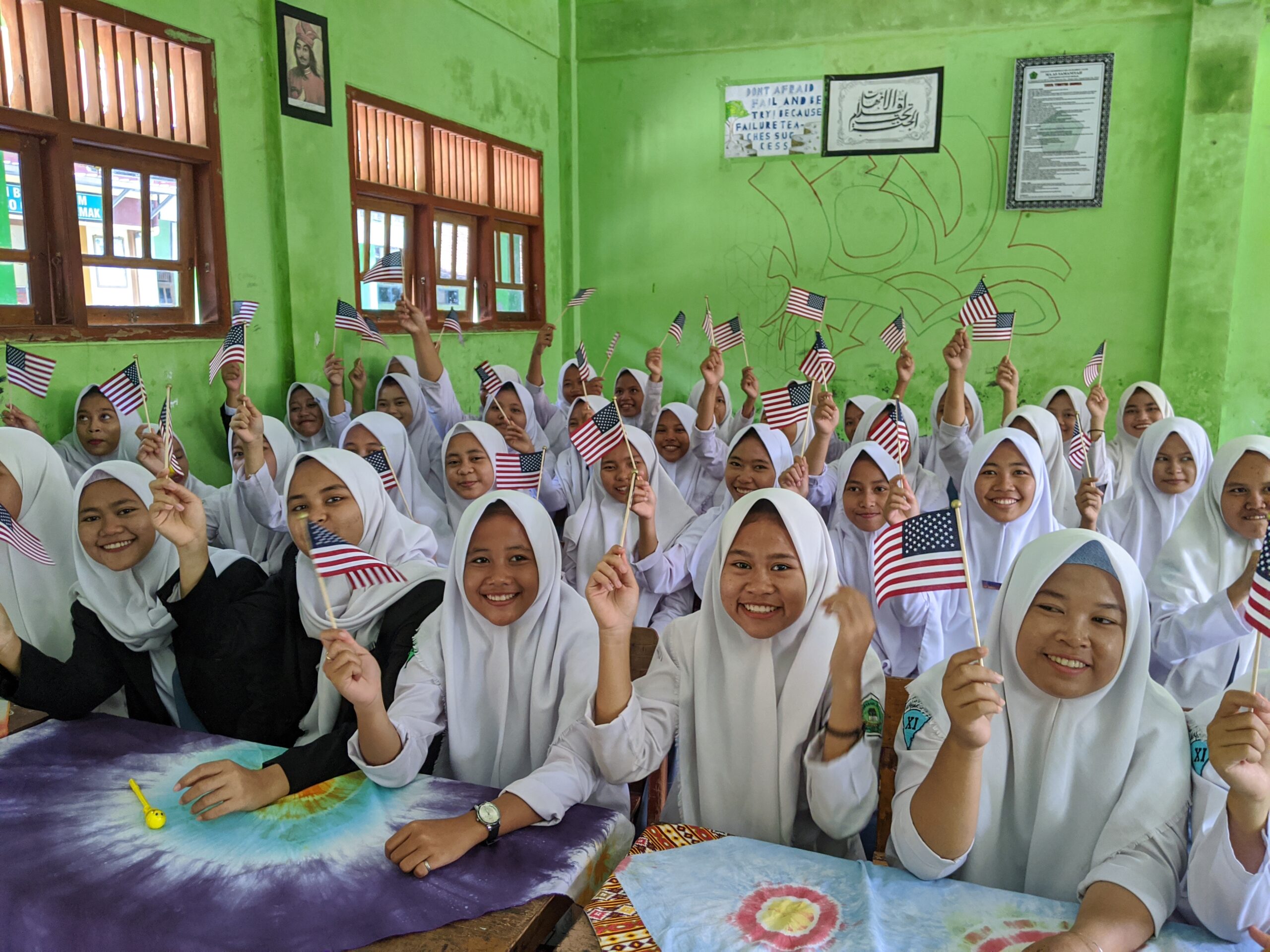
Organic Tools for Cross-Cultural Communication
I think one of the most thrilling things about Project Buku Buku is that our main tools are story books which tell wonderful and beautiful tales. I can’t put into words how happy it made me to see the excitement on the faces of my former students and co-teachers who held up books that were my favorite as a child. As we have become so accustomed to reading online or using a kindle, we forget how amazing it was to hold a real book in our hands. Not only do these books bring a huge amount of excitement and opportunity for our friends in Indonesia, they are organic tools for cross-cultural communication. They facilitate a deeper cross-cultural understanding not because these stories are different in Indonesia, but because they are the same.
And I think at the end of the day, no matter what sort of unprecedented challenges this world is facing, we can find comfort in our sameness. I know that three months ago, I couldn’t have imagined the impacts that the COVID-19 pandemic would have on my community in the United States and communities in Indonesia, but I am hopeful that strengthened bilateral and multilateral cooperation will be a result. Project Buku Buku will continue to support this global cooperation through the best tools that we have available, our favorite books. If you are reading this and are at home with many books to spare, please consider donating them to Project Buku Buku by emailing sabrinaverleysen@gmail.com.
